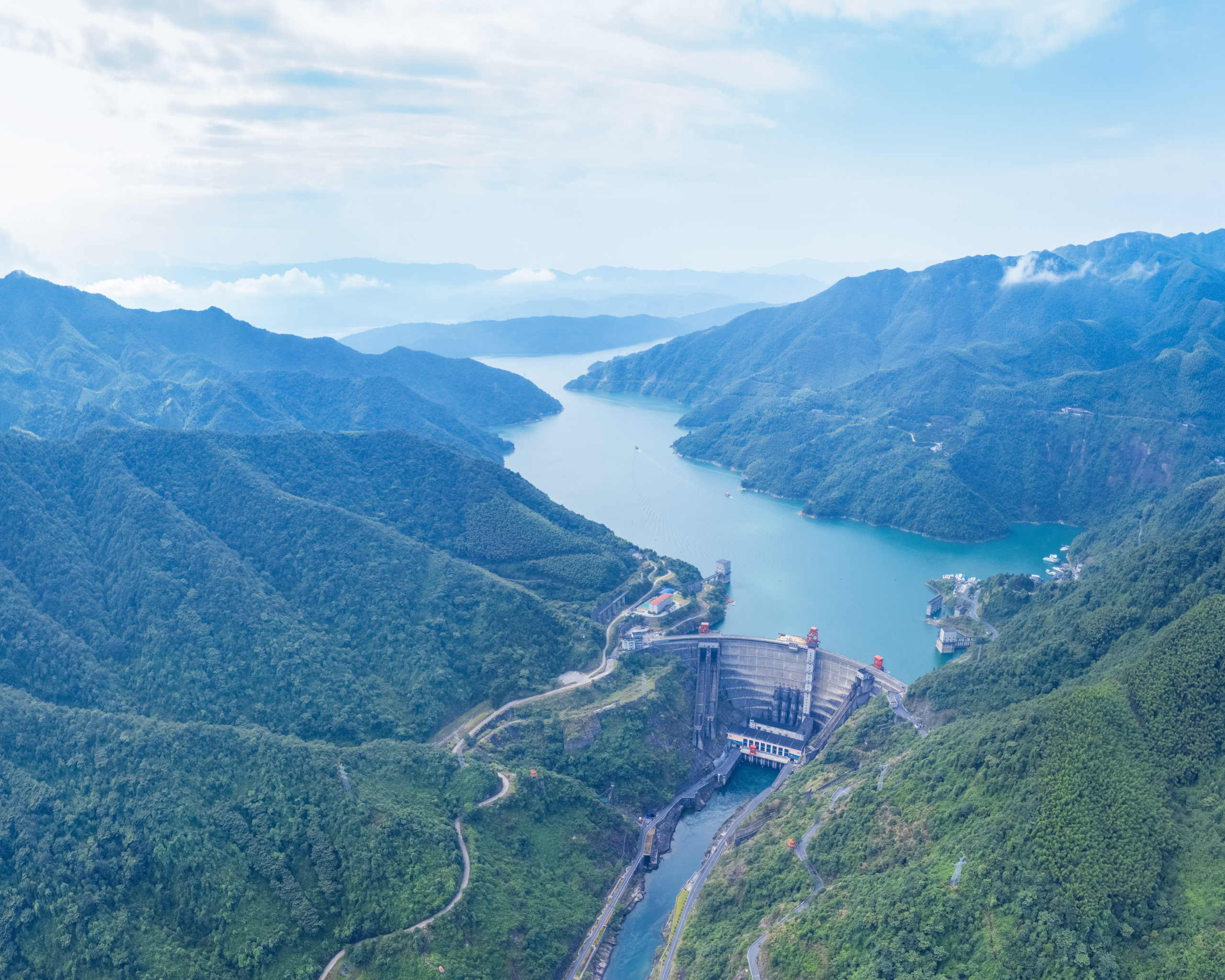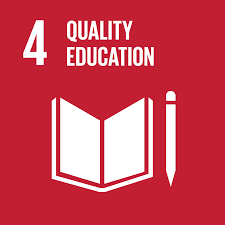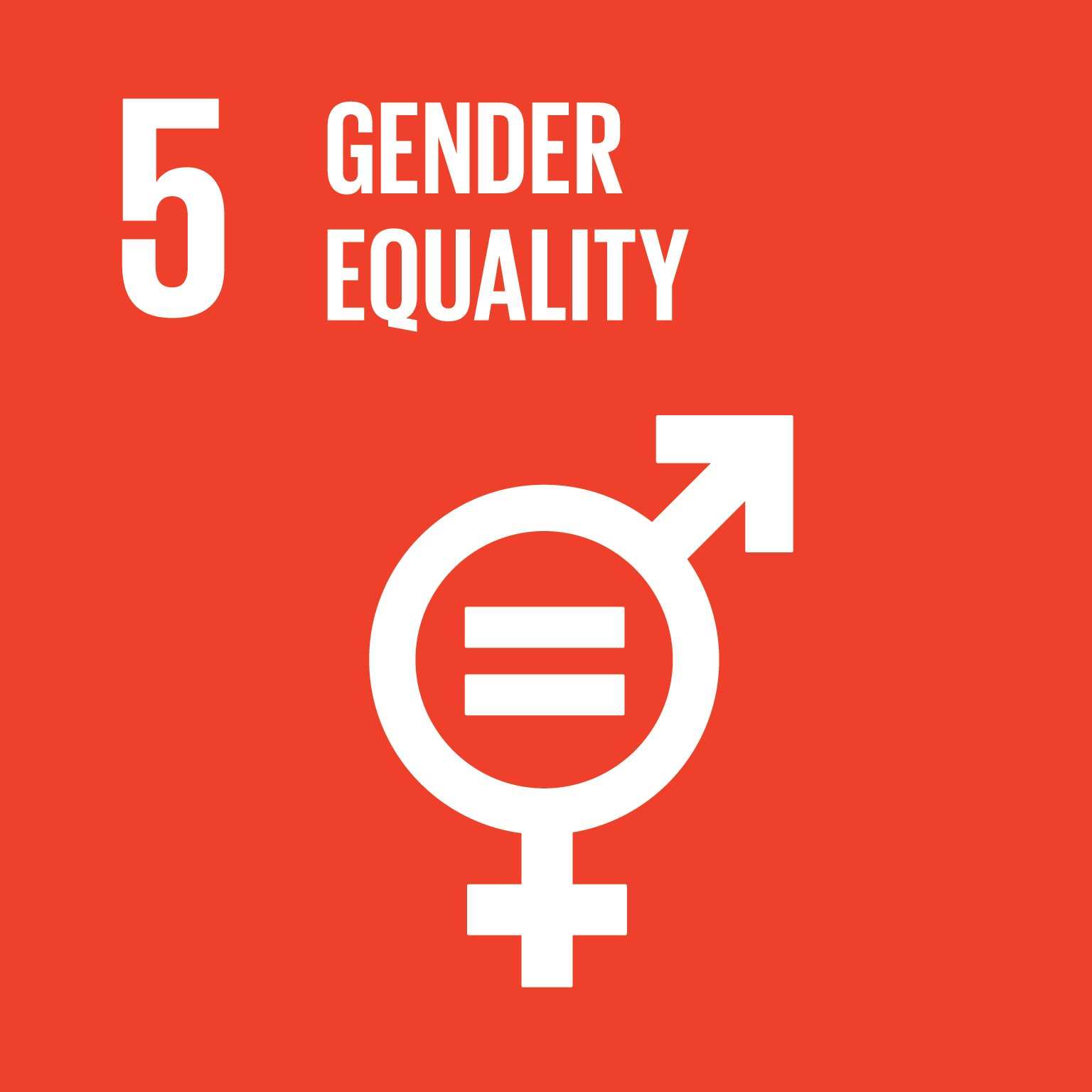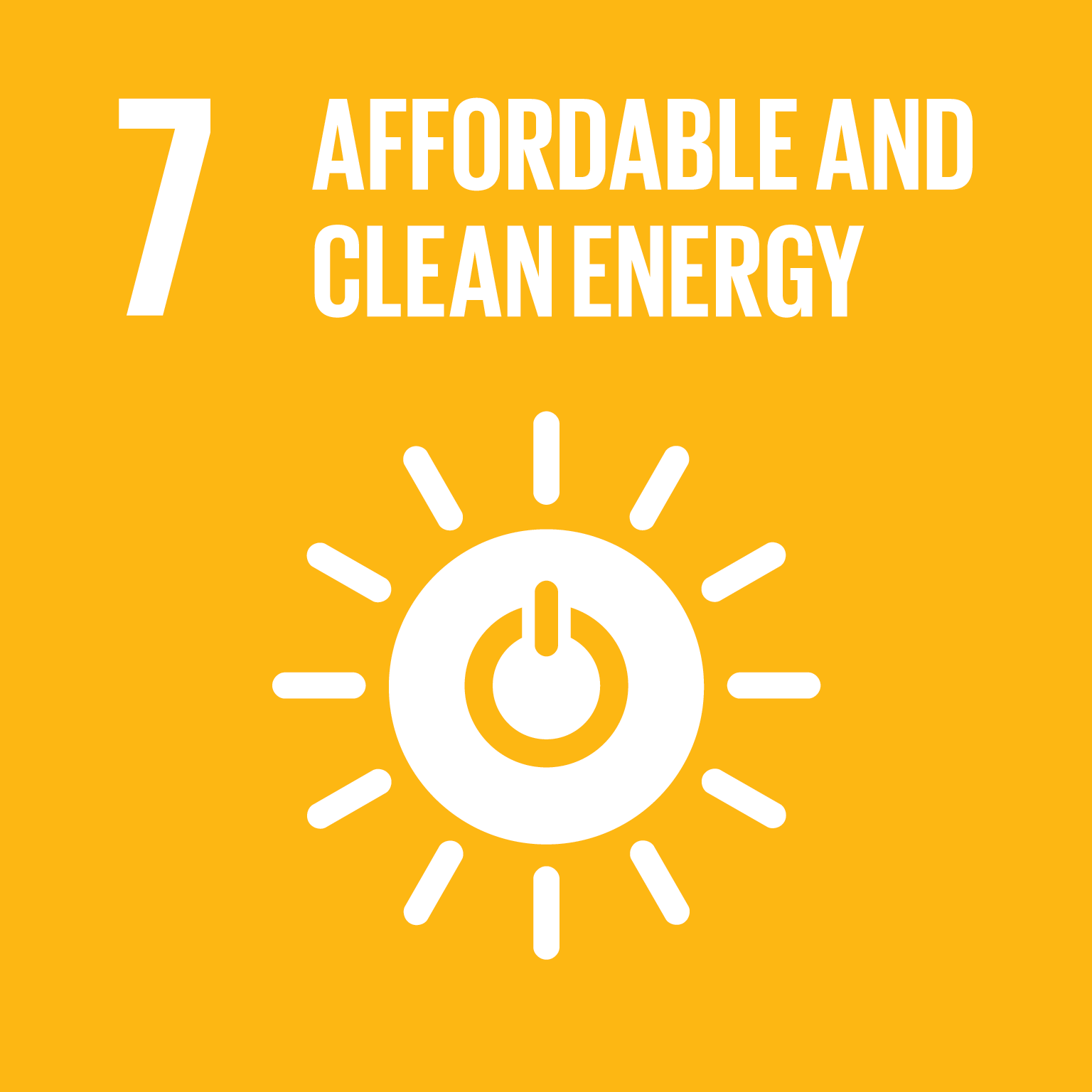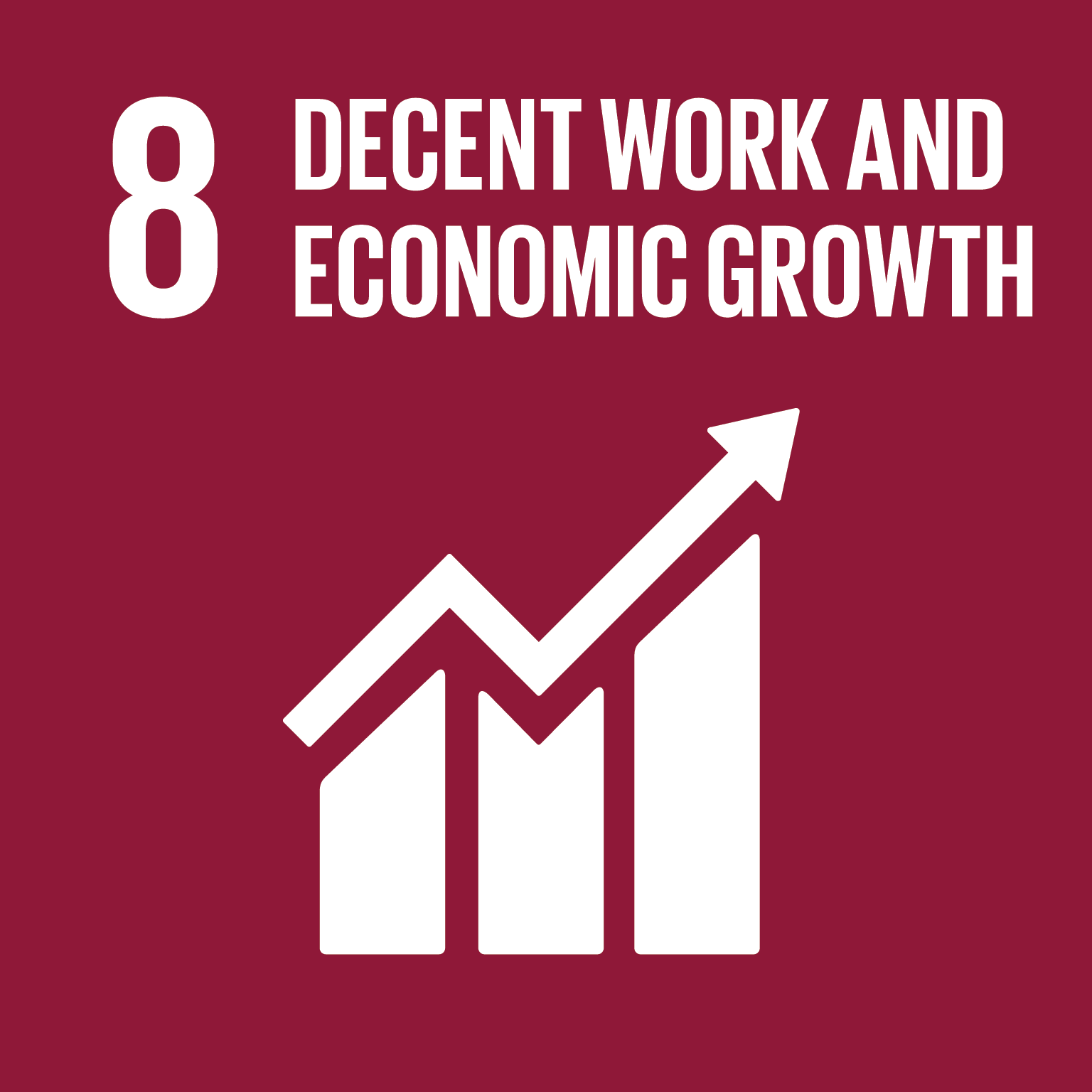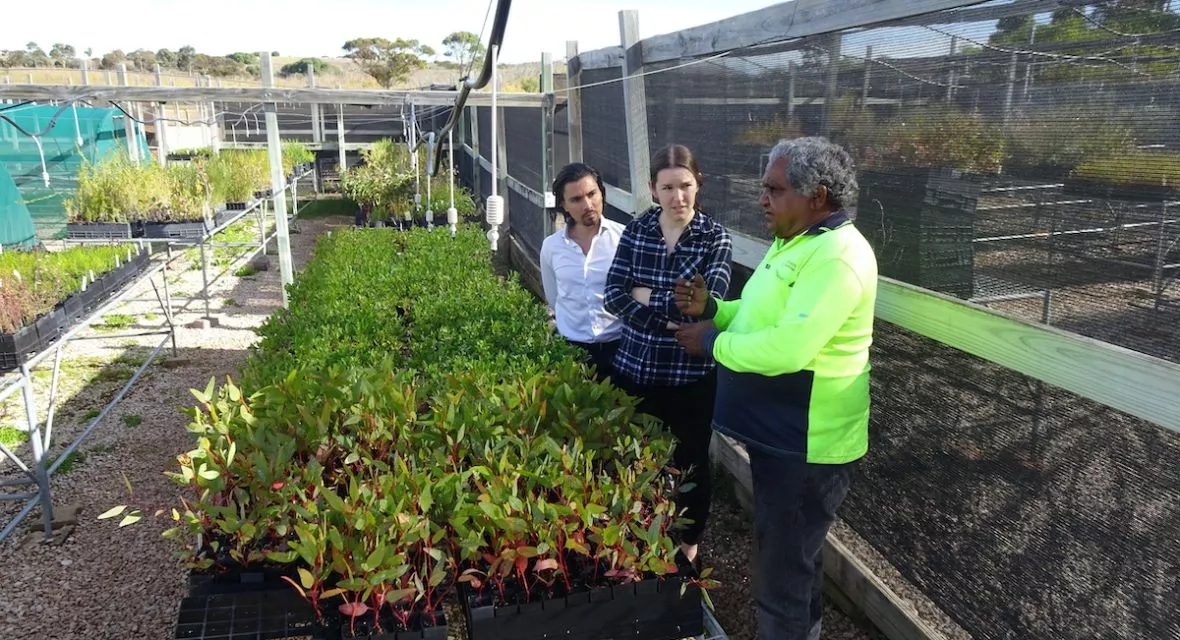The Huóshuĭ Small Hydropower in China Provides Clean Energy for China’s Remote Mountain Communities
The powerful rivers of China’s mountainous areas can be harnessed to generate electricity for its remote communities and the wider region, but hydroelectric power plants require substantial investment to set up. Prior to the project, local communities experienced poor living conditions. At a time when 80 percent of China’s energy demands were met by coal-fired power stations, these communities had unreliable access to electricity and there was little regional investment. Carbon offsets created by this scheme are certified by Verified Carbon Standard and Social Carbon.
